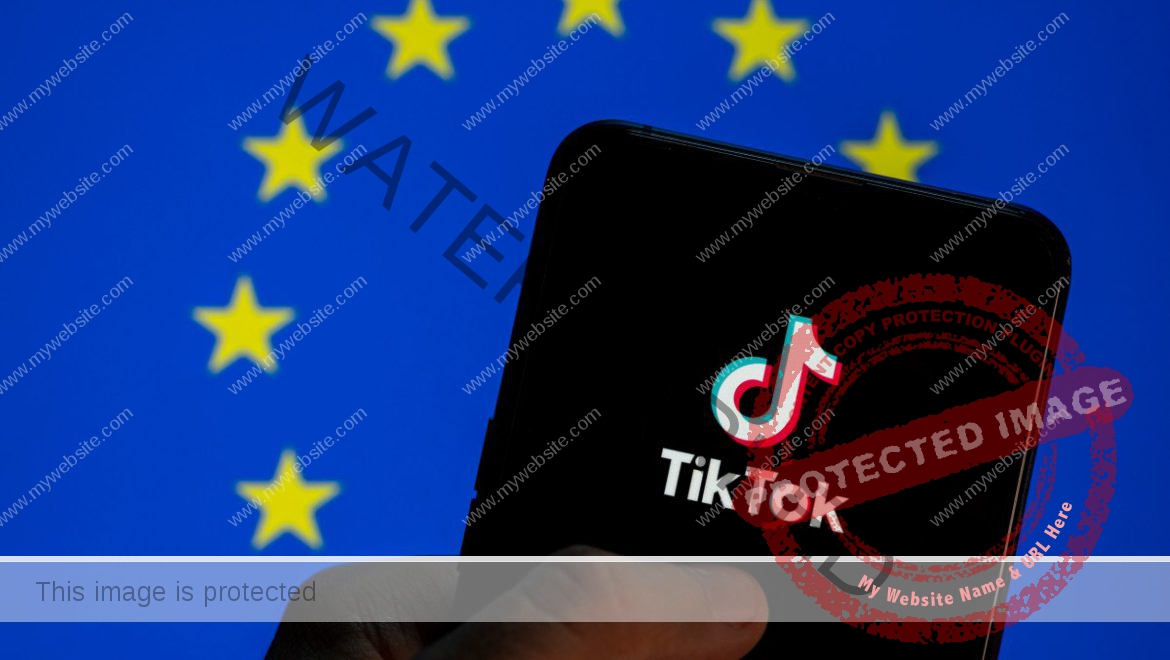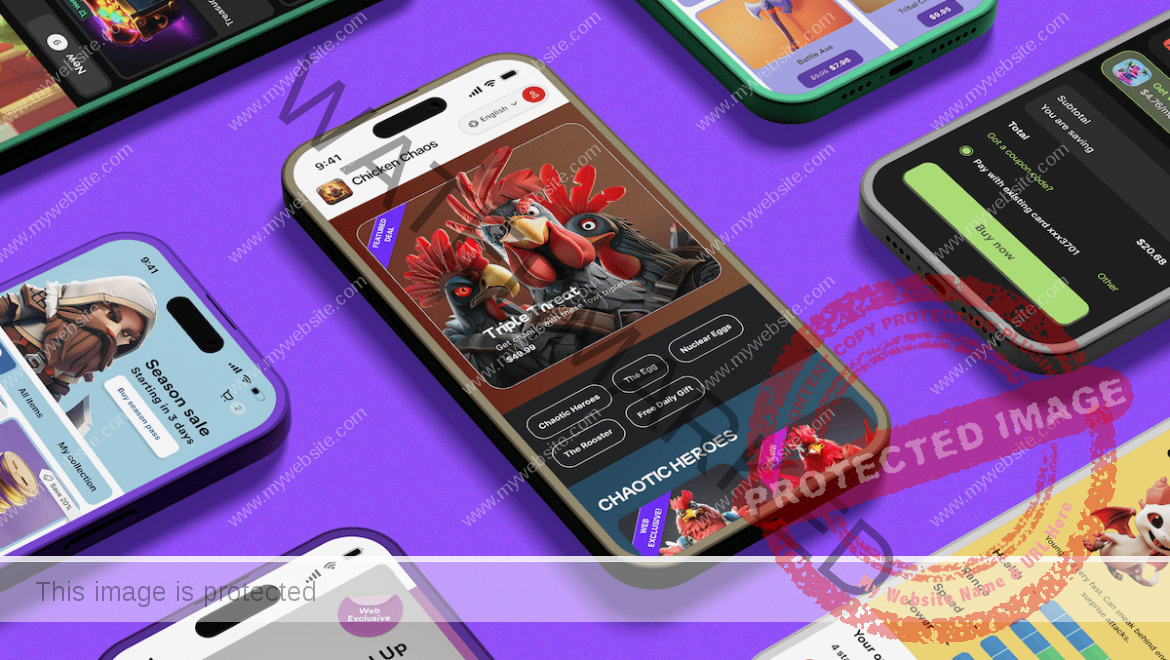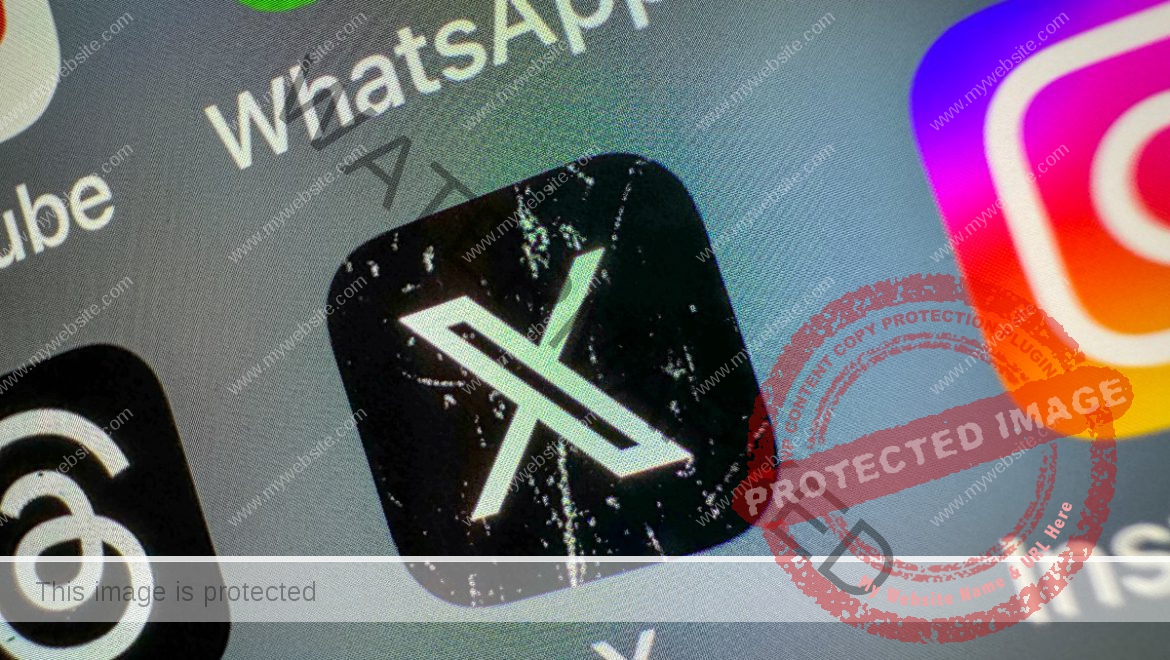Curio raises funds for Rio, an 'AI news anchor' in an app | TechCrunch
AI may be inching its way into the newsroom, as outlets like Newsweek, Sports Illustrated, Gizmodo, VentureBeat, CNET and others have experimented with articles written by AI. But while most respectable journalists will condemn this use case, there are a number of startups that think AI can enhance the news experience — at least on the consumer’s side. The latest to join the fray is Rio, an “AI news anchor” designed to help readers connect with the stories and topics they’re most interested in from trustworthy sources.
The new app, from the same team behind AI-powered audio journalism startup Curio, was first unveiled at last month’s South by Southwest Festival in Austin. It has raised funding from Khosla Ventures and the head of TED, Chris Anderson, who also backed Curio. (The startup says the round has not yet closed, so it can’t disclose the amount.)
Curio itself was founded in 2016 by ex-BBC strategist Govind Balakrishnan and London lawyer Srikant Chakravarti; Rio is a new effort that will expand the use of Curio’s AI technology.
First developed as a feature within Curio’s app, Rio scans headlines from trusted papers and magazines like Bloomberg, The Wall Street Journal, Financial Times, The Washington Post and others, and then curates that content into a daily news briefing you can either read or listen to.
In addition, the team says Rio will keep users from finding themselves in an echo chamber by seeking out news that expands their understanding of topics and encourages them to dive deeper.
Image Credits: Curio/Rio
In tests, Rio prepared a daily briefing presented in something of a Story-like interface with graphics and links to news articles you could tap on at the bottom of the screen that would narrate the article using an AI voice. (These were full articles, to be clear, not AI summaries.) You advance through the headlines in the same way as you would tap through a Story on a social media app like Instagram.
Curio says Rio’s AI technology won’t fabricate information and will only reference content from its trusted publishers partners. Rio won’t use publisher content to train an LLM (large language model) without “explicit consent,” it says.
Image Credits: Curio/Rio
Beyond the briefing, you can also interact with Rio in an AI chatbot interface where you can ask about other topics of interest. Suggested topics — like “TikTok ban” or “Ukraine War,” for example — appear as small pills above the text input box. We found the AI was sometimes a little slow to respond at times, but, otherwise, it performed as expected.
Plus, Rio would offer to create an audio episode for your queries if you want to learn more.
Co-founder Balakrishnan said that Curio users had asked Rio over 20,000 questions since it launched as a feature in Curio last May, which is why the company decided to spin out the tech into its own app.
“AI has us all wondering what’s true and what’s not. You can scan AI sites for quick answers, but trusting them blindly is a bit of a gamble,” noted Chakravarti in a statement released around Rio’s debut at SXSW. “Reliable knowledge is hard to come by. Only a lucky few get access to fact-checked, verified information. Rio guides you through the news, turning everyday headlines from trusted sources into knowledge. Checking the news with Rio leaves you feeling fulfilled instead of down.”
It’s hard to say if Rio is sticky enough to demand its standalone product, but it’s easy to imagine an interface like this at some point coming to larger news aggregators, like Google News or Apple News, perhaps, or even to individual publishers’ sites. Meanwhile, Curio will also continue to exit with a focus on audio news.
Curio is not the only startup looking to AI to enhance the news reading experience. Former Twitter engineers are building Particle, an AI-powered news reader, backed by $4.4 million. Another AI-powered news app, Bulletin, also launched to tackle clickbait along with offering news summaries. Artifact had also leveraged AI before exiting to TechCrunch’s parent company, Yahoo.
Rio is currently in early access, which means you’ll need an invitation to get in. Otherwise, you can join the app’s waitlist at rionews.ai. The company tells us it plans to launch publicly later this summer. (As a reward for reading to the bottom, five of you can use my own invite link to get in.)
















